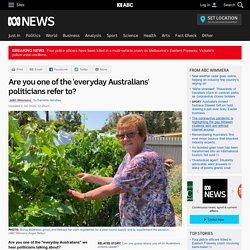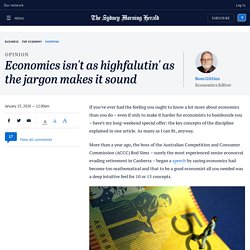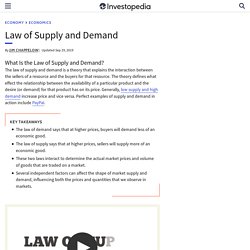

Lesson 8 Activities. Are you one of the 'everyday Australians' politicians refer to? Updated 3 Jan 2020, 12:28amFri 3 Jan 2020, 12:28am Are you one of the "everyday Australians" we hear politicians talking about?

Key points: The median income in Australia is $48,360 before taxLow income earners are struggling to pay bills or meet healthcare needs with some returning to work in their 70sSliding into debt becomes very easy for those trying to work and afford child care or health insurance If you earn any more than $50,000 per year, you have already stepped out of the "average Aussie" bracket. The median income in Australia is $48,360 before tax, according to a report released by the Australian Bureau of Statistics this month that analysed data from the 2016/2017 financial year. In regional areas, that figure is far lower. The most marked difference is in the Northern Territory, where Darwin city dwellers' median income is $61,375, compared to $52,420 for the rest of the territory. The highest median income is found in the Australian Capital Territory, at $63,038. (3) Watch - Discover. Growing Up Poor - Four Corners. Growing up poor in modern Australia: this week Four Corners asks children what it's like being poor in the midst of plenty.

We hear from the adult world all the time about what poverty is and how to fix it, but rarely from the children who experience it. Nobody likes to admit they're poor but children from five families allowed Four Corners into their lives to show us the world from their point of view: "My parents get paid on Friday right, so during the week they probably have money. Wednesday, Thursday or sometimes Tuesday, you know, what are we supposed to eat? " At 12, Jessica has a bleak view of her future: "A good job, like where you get like heaps of money. These are children living in areas of concentrated disadvantage where the adult world can be a scary place: Hayden: "...my dad, he got bashed, he got sliced with a knife. " Some remain optimistic despite the chaos around them: Dale: "Anything is possible when you put all your heart into it. Transcript Welcome to Four Corners.
VICKY: No. Why Study Economics? Economics isn't as highfalutin' as the jargon makes it sound. The first is one you should have heard of: opportunity cost.

Many economists consider “opp cost” to be the single most important and fundamental concept in economics, and the discipline’s most useful contribution to the betterment of mankind. Indeed, that’s the view Professor John Quiggin, of the University of Queensland, takes in his book Economics in Two Lessons, which I recommend as the best book to introduce you to economics. Quiggin says “the opportunity cost of anything of value is what you must give up to get it”. Our wants are almost infinite, but our resources are limited, so we have to make choices. Law of Supply and Demand Definition and Explanation.
What Is the Law of Supply and Demand?

The law of supply and demand is a theory that explains the interaction between the sellers of a resource and the buyers for that resource. The theory defines what effect the relationship between the availability of a particular product and the desire (or demand) for that product has on its price. Generally, low supply and high demand increase price and vice versa. Perfect examples of supply and demand in action include PayPal. Key Takeaways The law of demand says that at higher prices, buyers will demand less of an economic good.The law of supply says that at higher prices, sellers will supply more of an economic good.These two laws interact to determine the actual market prices and volume of goods that are traded on a market.Several independent factors can affect the shape of market supply and demand, influencing both the prices and quantities that we observe in markets.
Volume 75% Press shift question mark to access a list of keyboard shortcuts.